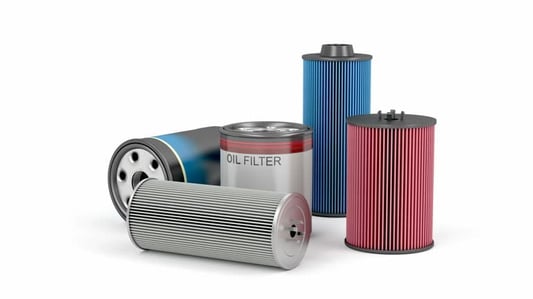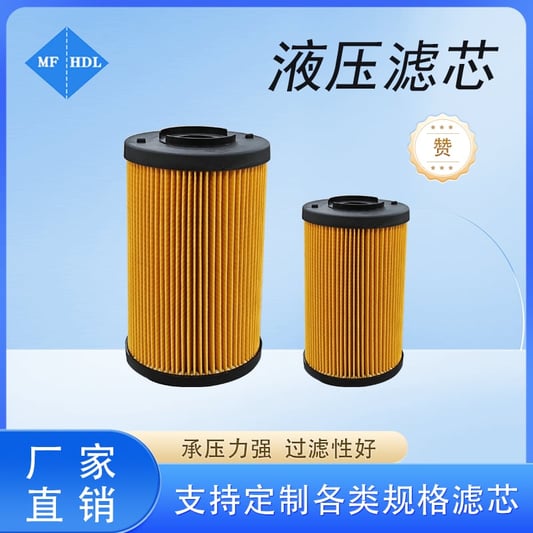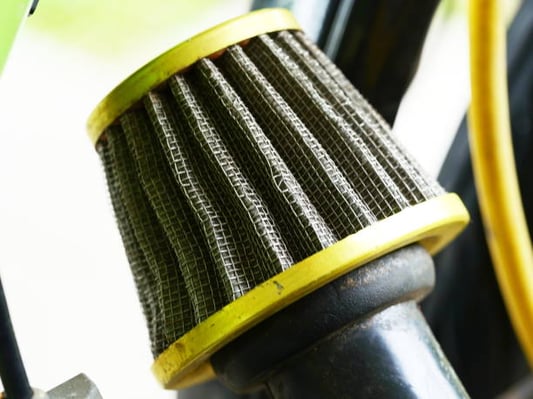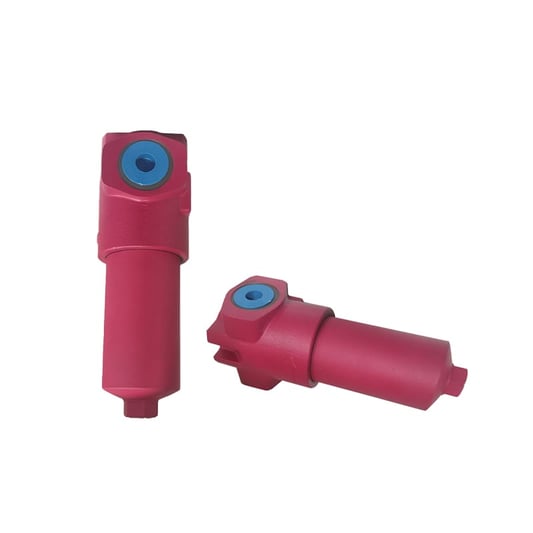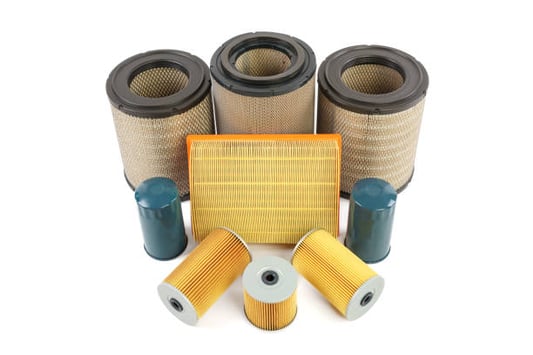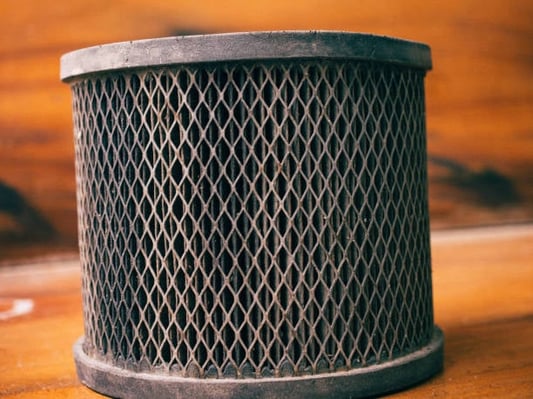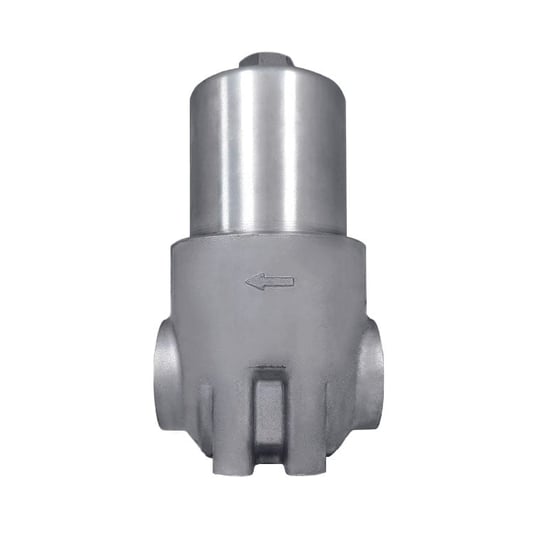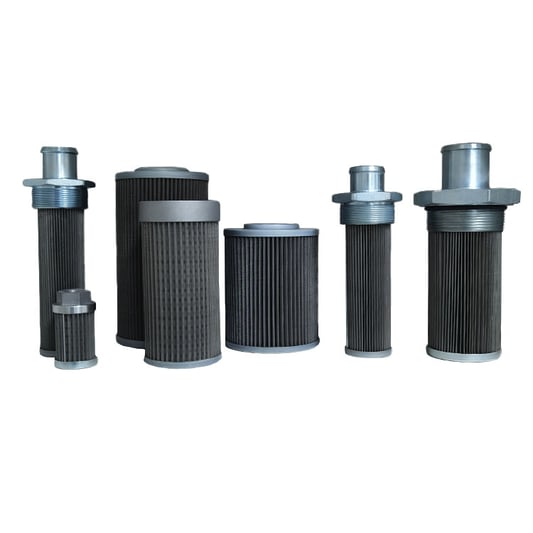What is a small engine air filter? A small engine air filter is a device made up of pleated material which cleans the air that the engine uses to run. The air filter helps remove dust, dirt, and debris from the air before it reaches the engine. Small engine air filters are essential in ensuring proper engine performance by preventing potentially harmful particles from entering the engine. Why Do You Need a Small Engine Air Filter? Your small engine needs air to function, and the air that is used can carry dirt, dust, and debris. These particles can significantly damage the engine if not filtered out, and lead to increased wear and tear on the engine's moving parts over time. A small engine air filter can help prolong the life of your engine and prevent damage from occurring. Choosing the Right Small Engine Air FilterChoosing the right small engine air filter is essential in ensuring optimal engine performance. You must choose an air filter that is the right size and filter efficiently. A poorly fitting air filter or one that does not filter the air sufficiently can let harmful particles through and cause problems in the engine. Always follow the manufacturer's recommendations for the appropriate air filter for your engine to ensure it works properly. Regular MaintenanceSmall engine air filters require regular maintenance to ensure their effectiveness. A clogged or dirty air filter can negatively impact engine performance. It is crucial to check the air filter regularly, clean it when dirty with a soft bristle brush, and replace it every year or more frequently if frequently using your small engine. Signs of a Dirty Air FilterIt is crucial to identify the signs of a dirty air filter to prevent engine failure. A dirty air filter will reduce engine power, decrease fuel efficiency, and cause rough idling. Another sign of a dirty air filter is black smoke coming from the exhaust. If any of these symptoms occur, it is essential to check the air filter for damage or dirt buildup. Types of Air FiltersSmall engine air filters come in three primary types: paper, foam, and cotton gauze. Paper filters are the most common and usually come with the engine purchase. Foam filters are a good choice for dusty environments as they can be washed and reused. Cotton gauze filters offer the best filtration but can cause less airflow, which might detract from the engine's overall power. The Cost of Air FiltersSmall engine air filters can range in price, from a few dollars to dozens, depending on the type and size of the filter. Although it might be tempting to choose a cheaper filter, it is always best to choose a high-quality filter that meets the engine's requirements. Cheaper filters can deteriorate quickly, potentially harming the engine in the long run.DIY Air Filter ReplacementReplacing a small engine air filter is something that can easily be done by the owner. Typically, the air filter is located on the side or top of the engine and is easily accessible. Always check the manufacturer's instructions before replacing the filter to ensure you are doing it correctly.Consequences of Neglecting Air Filter MaintenanceNeglecting small engine air filter maintenance can have significant consequences. Dirty air filters can allow harmful particles through to the engine, which can cause significant damage over time. Clogged filters can also decrease the airflow, causing the engine to work harder and decreasing fuel efficiency. In the long run, neglecting air filter maintenance can lead to costly engine repairs.Final ThoughtsA small engine air filter is an essential component of any small engine and should be given proper attention. Regular maintenance, choosing the right air filter, and being mindful of the potential consequences of neglecting air filter maintenance are all essential steps to keep your small engine running smoothly. Quote InquiryContact us!


